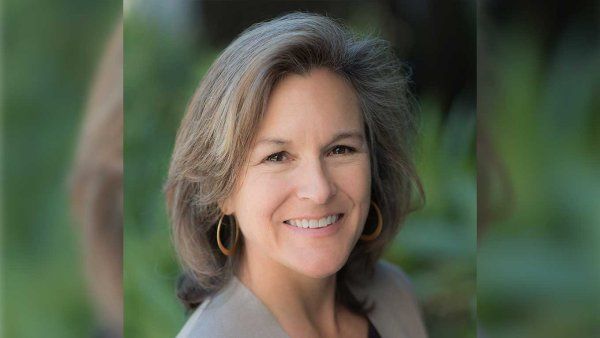University of California San Francisco
Give to UCSF-
-
Precision Breast Cancer Trial Shows Improved Treatment by Tumor Subtype
Breast cancer is the second leading cause of cancer deaths in the U.S. and worldwide, pointing to the continuing need to improve treatment strategies and therapies that better patient survival and

-
UC Regents Approve UCSF Proton Therapy Center for Cancer Care
The UC Board of Regents approved UCSF’s proposal to build a proton therapy facility as part of the redevelopment of the former Dogpatch Power Station, which will join only 45 other sites nationwide and will be the only facility to offer the leading-edge cancer therapy between Los Angeles and Seattle.
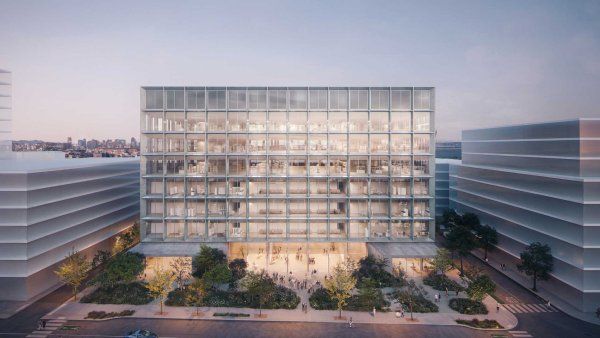
-
How a Spike in Cancer Deaths Triggered a Life-Saving Partnership
Black men are more than twice as likely to die of prostate cancer than their white peers. An innovative community-based UCSF program is increasing screenings among San Francisco's Black communities.
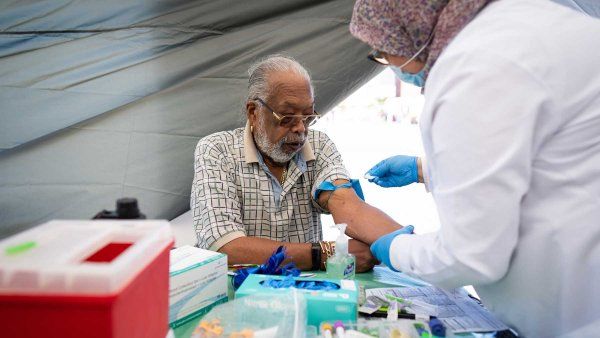
-
Scientists Discover How to Drug Wily Disease-Causing Enzymes
Scientists discover how to drug GTPases, a group of 150 critical enzymes that act like "switches" in cells, which cause a wide variety of diseases such as cancer and Parkinson’s disease when mutated.
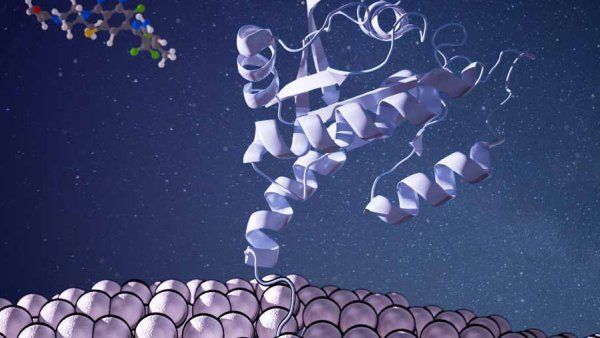
-
UCSF Radiation Oncologist Honored for Prostate Cancer Care and Research
Mack Roach, III, MD, FASTRO, has been chosen by the American Society for Radiation Oncology (ASTRO) to receive its 2024 Gold Medal Award. Roach is being recognized with ASTRO’s highest honor for his

-
UCSF Prostate Cancer Program Awarded SPORE Grant by National Cancer Institute
The UCSF Prostate Cancer Program will receive about $7 million from the National Cancer Institute to develop new approaches to the prevention, early detection, diagnosis and treatment of prostate cancer.

-
Powerful New Mini Microscope Will Enable Precision Cancer Surgery
Mekhail Anwar leads a multi-institution $15 million grant from ARPA-H to develop imaging technology to improve cancer surgery.
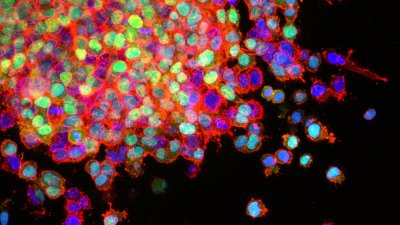
-
A Ketogenic Diet Could Improve the Response to Pancreatic Cancer Therapy
A breakthrough study shows how a ketogenic diet alters human metabolism and makes a particular pancreatic cancer drug effective by starving tumors of fat that they feed on to grow.

-
UCSF’s Hereditary Cancer Clinic Utilizes Genetic Testing to Help Patients Detect Cancer Risks
-
Panel Issues First Guidelines to Prevent Anal Cancer in People With HIV
Results from a national study led by UCSF informed the first guidelines at the federal level in the U.S. to detect and treat anal cancer precursor lesions in people with HIV to reduce the risk of developing anal cancer.

-
Prostate Cancer Test Is Missing Early Disease in Transgender Women
Transgender women on hormone therapy tend to skew artificially low on prostate cancer screening tests, which may give false reassurance and delay diagnosis and treatment, reports a new study led by UC

-
UCSF Health Cancer Experts Featured at Premier Cancer Meeting
Oncology specialists from around the world came together for the 2024 American Society of Clinical Oncology (ASCO) Annual Meeting to discuss the latest developments in cancer care, research,

-
UCSF Scientists Win Pew Awards for Cancer and Neuroscience Research
Three UC San Francisco scientists have received 2024 Pew awards to fund their research in neuroscience and cancer: cognitive scientist Vijay Mohan K Namboodiri, PhD; bioengineer Justin Eyquem, PhD; and postodctoral student Jovanka Gencel-Augusto, PhD.
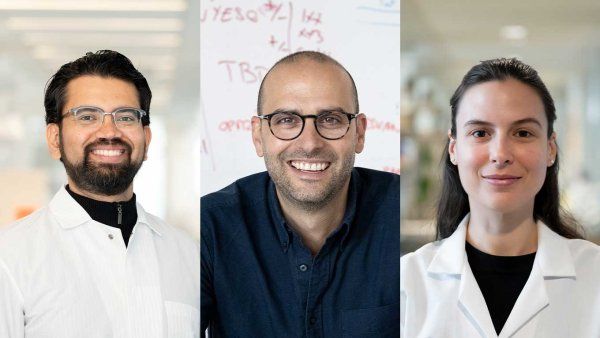
-
Genetic Testing Is the Key to Our Health Secrets
Our genome may one day serve as a passport guiding our health care – from cradle to grave.
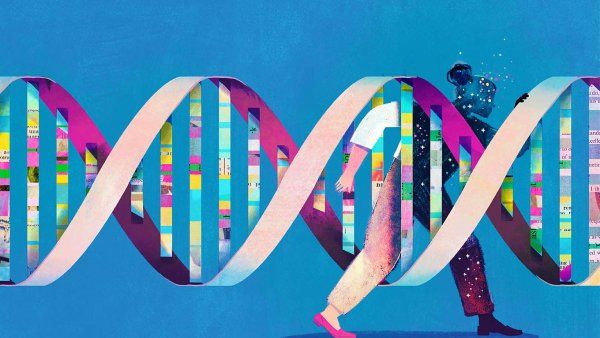
-
Blood Tests for Cancer Detection Aren’t Yet Ready for Prime Time
-
Doctors Exploring Possible Link Between COVID and Cancer
-
UCSF Health Reaches 15,000 Robotic Surgeries
Gastrointestinal cancer surgeons at the UCSF performed the health system’s 15,000th robotically assisted minimally invasive surgery, making it the first University of California health center to reach this milestone.

-
Microbiome Points the Way Toward Surviving a Grueling Therapy
Researchers have found links between lung microbial communities and mortality risk in pediatric bone marrow transplant patients. Metagenomic sequencing revealed distinct patient clusters and unexpected pathogens, highlighting the need for precise diagnostics and therapeutics. Antibiotic treatment was associated with bacterial depletion and enriched viral and fungal populations.

-
The Biggest Energy Users in Cancer Treatment Aren’t What You Think
Energy expended for hospital and clinic electricity, climate control and ventilation is by far the biggest source of greenhouse gas emissions in radiotherapy, a treatment used in more than half of cancer cases.

-
Plant-Based Foods May Reduce Risk of Prostate Cancer Progression
-
New UCSF Study to Find out What Drives Cancer in Asian Americans
UCSF will lead the first long-term study of cancer among Asian Americans, a highly diverse yet understudied group, with the help of a $12.45 million grant from the National Cancer Institute (NCI).
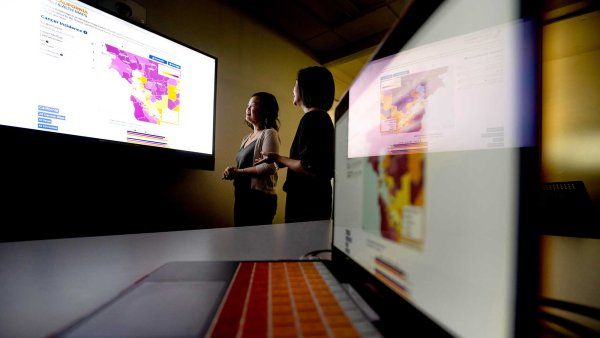
-
Prostate Cancer Study: More Health Benefits from Plant-Based Diet
Eating more fruits, vegetables, nuts and olive oil could significantly reduce the chances of prostate cancer progression.

-
Targeted Therapy, Treatment Disparity Featured at Cancer Meeting
Leading cancer researchers from UC San Francisco presented talks about advances in targeted therapy, cancer genomics, eliminating treatment disparities and other cancer research topics at this year’s

-
Gene Therapy Is Halting Cancer. Can It Work Against Brain Tumors?
New CAR-T gene therapy techniques could extend survival for patients with glioblastoma.
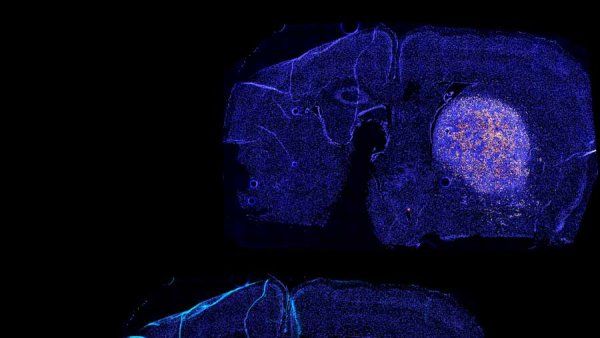
-
UCSF Scientists Build a Molecular ‘GPS’ to Guide Cell Therapies
UCSF scientists have been awarded more than $30 million to develop “tissue GPS,” a new system using engineered T cells to guide therapies directly to their targets in the brain to treat neurological diseases like cancer, multiple sclerosis and Alzheimer’s.
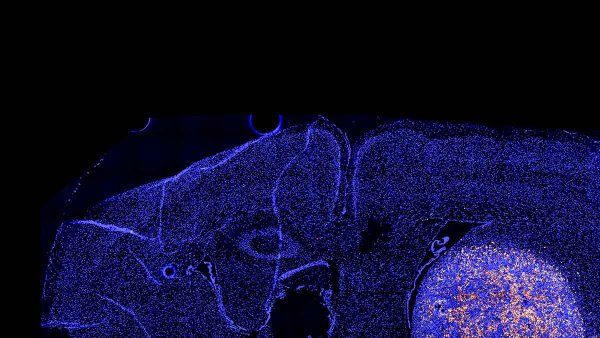
-
New Pediatric Cancer Marker, New Hope for a Treatment Target
Researchers recently identified a universal, essential biomarker for the childhood cancer neuroblastoma – and the biomarker could be a potential new target for treatment. Neuroblastoma accounts for

-
Can a New Drug Candidate Cure Pancreatic Cancer?
A new drug candidate permanently modifies a wily cancer-causing mutation, paving the way for making pancreatic cancer treatable, or perhaps even curable.
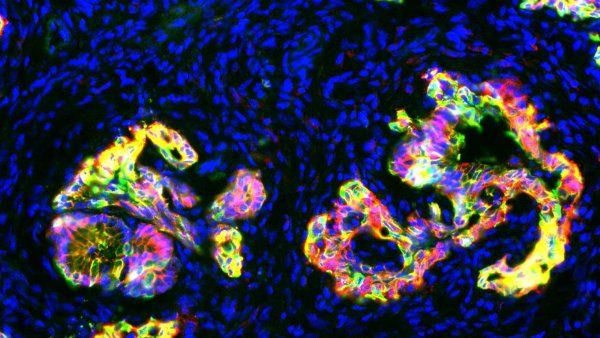
-
Targeted Treatment of Rare Childhood Leukemia
Juvenile myelomonocytic leukemia (JMML) is a rare but aggressive childhood leukemia. While hematopoietic stem cell transplantation is curative for some patients, approximately half of all patients see

-
I’m a Microplastics Researcher. Here’s How To Limit Their Dangers
Tracey Woodruff, PhD, MPH, offers insights on what her research on microplastics has led her to change how she and her family eats and what cleaning products she uses.
